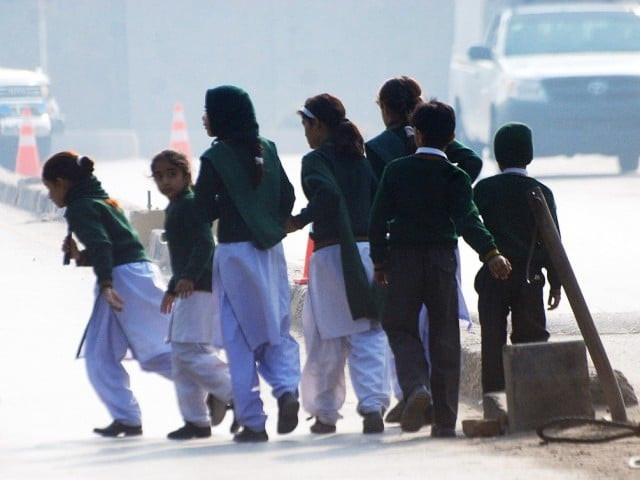When we, as adults, are still grappling with how and why someone would take young and innocent lives, the shock, insecurity and trauma the children will be experiencing may be manifold.
The acts of terrorism are random, beyond comprehension, a deliberate attempt to harm and leave both children and adults feeling afraid, helpless, numb and insecure. With events so irrational, targeting those who are defenceless, all feelings and thoughts experienced at this time are natural and normal. It is important to remember that what you and your children feel right now are neither abnormal reactions nor a sign of emotional weakness.
While different adults and children react differently to traumatic experiences, some immediate normal thoughts and reactions include:
- Worries about what will happen next
- Feelings of guilt about one’s own life, ‘continuing with one’s routine’ while ‘others suffer and mourn’, ‘not doing enough’
- Fear of certain people and places
- Recurring thoughts about the incident
- Avoidance of anything (place, people, discussion) that reminds of the incident
- Constant state of “hyper-vigilance” and “hyper-arousal” i.e. increased sensitivity to sounds, sights, smells
- Extreme sadness and grief
- Anger
- Confusion
Children additionally worry that similar incidents may happen again, a loved one would get injured or killed, they will be separated from their family or that they will be left all alone. In the days to come, depending on how closely the kids were directly affected and exposed to the traumatic event, they may continue experiencing some of the following:
- Persistent fears related to the event or about similar events
- Sleep disturbances such as nightmares, screaming during sleep and bedwetting,
- Loss of concentration
- Irritability
- Recreating event (talking repeatedly about it, “playing” the event)
- Anger
- Guilt
- Increased sensitivity to sounds (sirens, planes, thunder, backfires, loud
noises) - Excessive fear of places, and things
- Physical complaints (stomach aches, headaches, dizziness) for which a physical cause cannot be found
- Clingy behaviour
- Separation anxiety
Adults and parents are often apprehensive about whether to talk to their children or not, and if they do, how much information would be sufficient. They are also concerned about what to say and whether what they say and/or do would be understood by children.
Parents and adults can play a critical role in helping children cope better by:
Listening to them to:
- Allow children the space to talk about their feelings through words, play, stories, drawings and the likes. Talking about how they feel will help you address underlying fears and assumptions that are irrational such as,
“I caused the event to happen,”
“I should have done something to stop it”.
- Allow them an opportunity to come up with their own ways of self-care and coping with the issue. Ask them first,
“What can you do about the feelings and thoughts that you have?”
“What will help you feel better?”
“How can I help you?”
Talking to them to:
- Normalise their feelings and let them know that it’s okay to feel the way they feel.
- Answer their questions honestly, in an age-appropriate manner, but without making any false promises.
- Share your own feelings about the situation. Make sure that you do not over burden the children with your worries and let them know that despite feeling sad or upset, you are still available to listen to them and support them.
Supporting them by helping:
- Prepare for similar events in the future. This could include people-to-approach, important contact numbers to remember, places to hide in, and the likes.
- Maintain a daily routine.
- Engage in healthy and positive experiences of play and interaction with peers.
- Monitor children’s television and internet viewing of such events as well as adult discussion around them. The images shown in the media and the insensitive often sensationalised reporting by many television channels can further add to the trauma experienced by these children.
It is essential that you allow yourself time to process your own emotions and remain as calm as possible while dealing with children, as children tend to react to adults’ fears and anxieties.
Seek professional help if you feel that the intensity of the symptoms and effects does not lessen after a few months and/or the feelings continue to overwhelm you or your children and/or there are other previous traumatic experiences which have not been addressed.



COMMENTS
Comments are moderated and generally will be posted if they are on-topic and not abusive.
For more information, please see our Comments FAQ